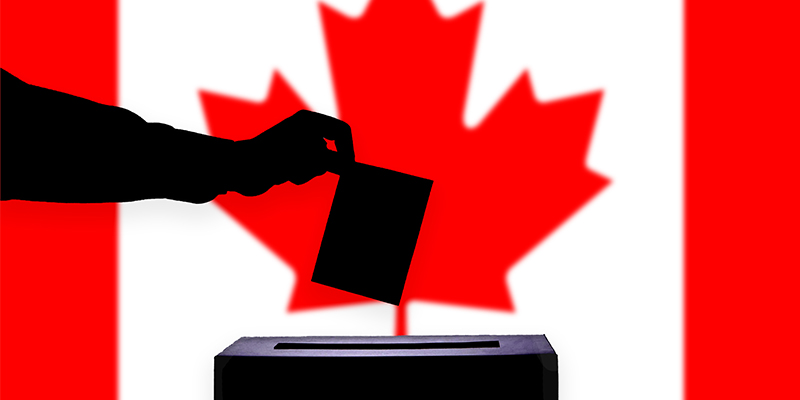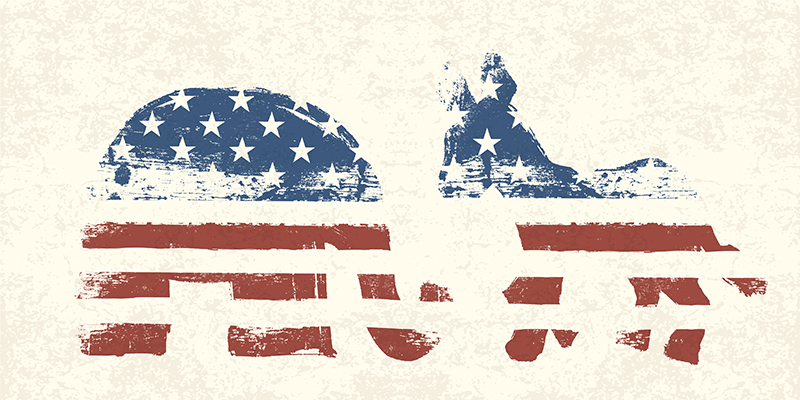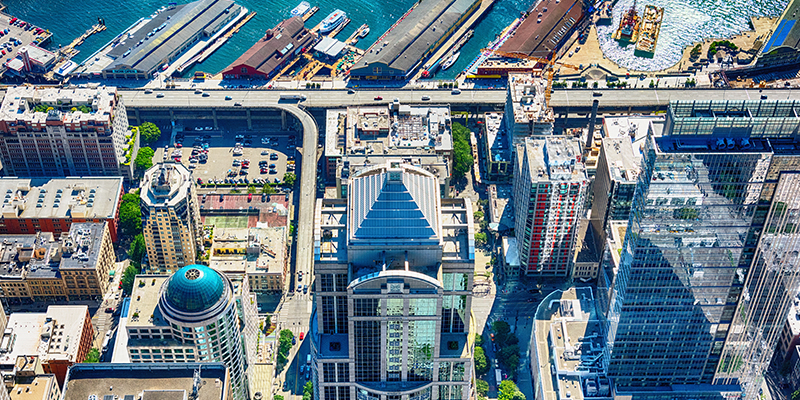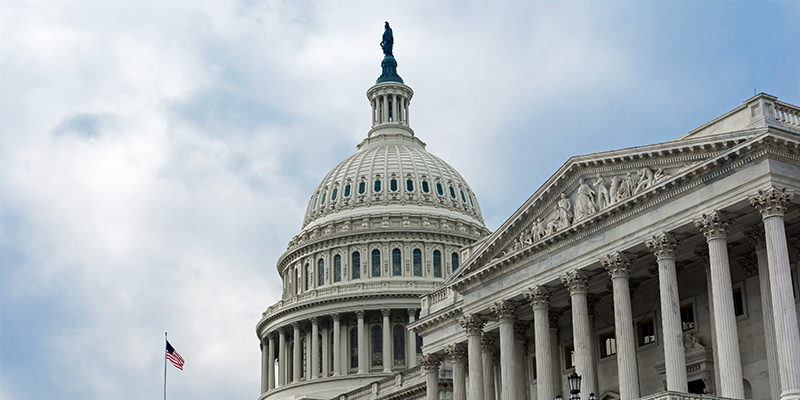Canadians were closely divided as they went to the polls this week and delivered a narrow victory in favor of the status quo and the Liberal Party. That means Canadian Prime Minister Justin Trudeau will remain in charge for another term, but as the head of a weaker government.
He is the first PM in decades to lose the popular vote yet win an election. He did it by scoring victories in districts across heavily populated Ontario, even though his Liberals won no seats in western Canada’s Alberta and Saskatchewan provinces. The Globe and Mail reports that 34.4% of Canadian voters supported the Conservative party, while 33.1% backed the Liberals.
The Liberal party will now control 157 seats, 30 fewer than it held in the outgoing Parliament. The opposition Conservative party won more votes nationwide, but will control only 121 seats.
The Liberals were no doubt helped by a strong economy; Canada’s unemployment rate this year shrank shrank to 5.4%, the lowest figure since Trudeau’s father Pierre was prime minister in 1976. Justin Trudeau has also promised an immediate tax cut for those earning less than $147,000 a year.
The prime minister survived despite some notable controversies. In the months before the vote, journalists uncovered photos of Trudeau in costume in blackface from almost 20 years ago. He apologized repeatedly.
There were also corruption allegations. Politico reported this year on claims that “Trudeau and several senior government officials repeatedly pressured his former attorney general to drop corruption charges against a large construction company and reach a settlement agreement.” The former Liberal Attorney General Jody Wilson-Raybould resigned over the allegations, and Trudeau’s government survived.
President Donald Trump didn’t comment ahead of Canada’s vote, but tweeted congratulations to Trudeau on his victory. The two could work together on USMCA and other trade issues.
What does the election mean for commercial real estate?
In order to enact his policies, Trudeau and the Liberal Party will now need to work with a minority party, such as the Bloc Quebecois, which now has 32 seats representing the province of Quebec, or the left-wing New Democrats, which holds 24 seats. This means that Trudeau will likely be pulled to the left, particularly on labor and the environment issues, in order to garner the necessary votes in Parliament from one of the minority parties to pass legislation.
It does not mean that Trudeau will backtrack on prior legislative successes. During his first term, Trudeau’s government legalized cannabis nationwide, which has driven changes in the availability of commercial warehouse space. According to JLL’s Fertile Ground for Canada’s Marijuana Industry report, growers will need an estimated eight million square feet of indoor space by 2020, which is more than seven times the amount of industrial space available at the end of 2017. The growth is causing “a big shakeup to our commercial leasing market,” wrote Kelly Macsymic, a business manager in western Canada. She said she doesn’t expect cannabis policy to change.
The previous government also approved spending $4.5 billion Canadian dollars to purchase the Trans Mountain Pipeline to move oil from Alberta to British Columbia. “It is in Canada’s national interest to protect our environment and invest in tomorrow, while making sure people can feed their families today,” Trudeau said in June. Despite possible pressure from environmentalists and the minority parties, the new government isn’t expected to change policy on the pipeline either.
It does mean ratification of the USMCA by the new Parliament is likely. Trudeau worked out the new trade agreement with the United States and Mexico to replace NAFTA. USMCA has been supported by both of the largest parties in Canada. It’s already been ratified by Mexico’s Senate. Canada’s ratification of the trade agreement could place pressure on the U.S. Congress to act.
While the usual term for a Canadian Parliament is four years, most minority governments last only about two years. As a consequence, there is a probability that Canada may be holding another federal election in the not-too-distant future.














